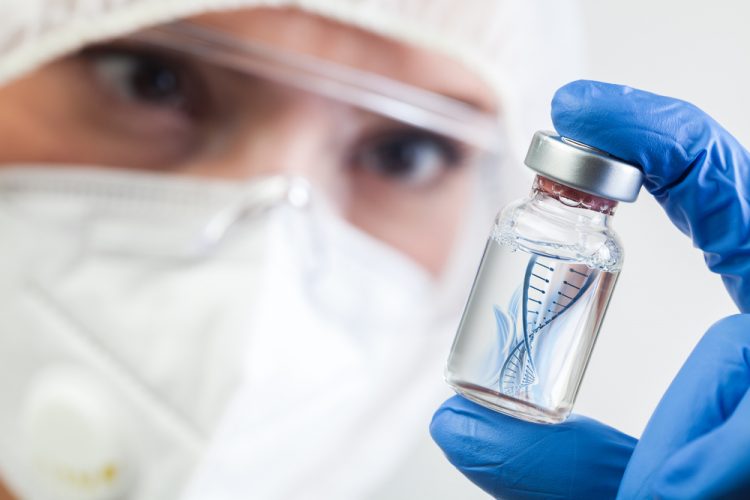The Future of Affordable Biologic Medicines

Introduction:
In recent years, the world has witnessed a rapid growth in the biopharmaceutical industry, leading to the development of various innovative biologic medicines. Biologics are made from living organisms or their derivatives, and they are used to treat various chronic conditions, such as cancer, autoimmune diseases, and blood disorders.
Despite the many benefits that biologics offer, they can also be very expensive, with some treatments costing thousands of dollars per year. This high cost can be a barrier for many patients who require these treatments, and it has led to the development of biosimilars, a newer class of biologic medicines that are designed to be more affordable.
What are Biosimilars?
Biosimilars are biological products that are similar to already approved reference biologics in terms of safety, efficacy, and quality. They are designed to offer a more affordable alternative to the original biologic, while still providing the same therapeutic benefits.
Biosimilars are created using a similar manufacturing process as the reference biologic, but with some differences in their specific manufacturing details. The resulting product is then compared to the reference biologic in a rigorous evaluation process to ensure that it is indeed similar in terms of safety, efficacy, and quality.
Benefits of Biosimilars:
-
Cost Savings:
The biggest advantage of biosimilars is their lower cost compared to the reference biologic. This can make a significant difference for patients who require long-term treatment, and it can also help to reduce the overall cost of healthcare for both patients and healthcare providers.
-
Increased Access:
By making biologic medicines more affordable, biosimilars can help to increase access to these treatments for patients who may not have been able to afford them otherwise. This can be particularly important for patients with chronic conditions who require ongoing treatment to manage their symptoms and improve their quality of life.
-
Competition:
The introduction of biosimilars can also increase competition in the biopharmaceutical industry, helping to drive down prices and increase access to biologic medicines for patients. This can be especially important for reference biologics that have no generic equivalent, as biosimilars can provide a more affordable alternative for patients who need these treatments.
-
Innovation:
The development of biosimilars can also drive innovation in the biopharmaceutical industry, as companies work to create new and more affordable treatments for patients. This can help to advance the field of biologic medicine and lead to the development of new treatments for a range of chronic conditions.
The Approval Process for Biosimilars:
The approval process for biosimilars is a rigorous and comprehensive evaluation process, designed to ensure that these products are safe, effective, and of high quality. The process includes the following steps:
-
Preclinical Testing:
Before a biosimilar can be tested in humans, it must undergo preclinical testing to assess its safety and potential efficacy. This includes laboratory tests, animal studies, and other evaluations to determine the product’s suitability for clinical trials.
-
Clinical Trials:
Once preclinical testing is complete, a biosimilar can move on to clinical trials, where it will be tested in humans to determine its safety and efficacy. Clinical trials are typically conducted in three phases, with each phase designed to assess a different aspect of the product’s safety and effectiveness.
-
Regulatory Approval:
After clinical trials are complete, the biosimilar is submitted to regulatory agencies for approval. This process involves a thorough review of the clinical trial data, as well.
Conclusion:
Biosimilars are a promising new class of biologic medicines that have the potential to make biologic treatments more affordable and accessible for patients. With their lower cost, increased competition, and potential for driving innovation in the biopharmaceutical industry, biosimilars have the potential to transform the field of biologic medicine and improve the lives of patients worldwide.
While the approval process for biosimilars is rigorous and comprehensive, it is designed to ensure that these products are safe, effective, and of high quality. With the increasing demand for more affordable biologic treatments, the use of biosimilars is likely to become increasingly widespread in the coming years.
In conclusion, biosimilars represent a promising new option for patients who require biologic treatments, and they have the potential to transform the field of biologic medicine and improve the lives of patients worldwide. As the industry continues to evolve and more biosimilars become available, patients can look forward to more affordable and accessible options for managing their chronic conditions and improving their quality of life.


